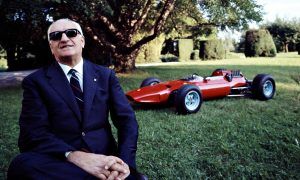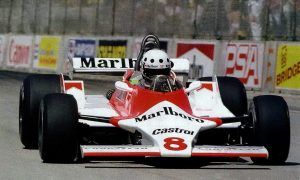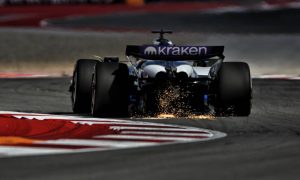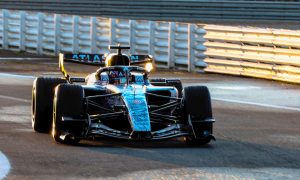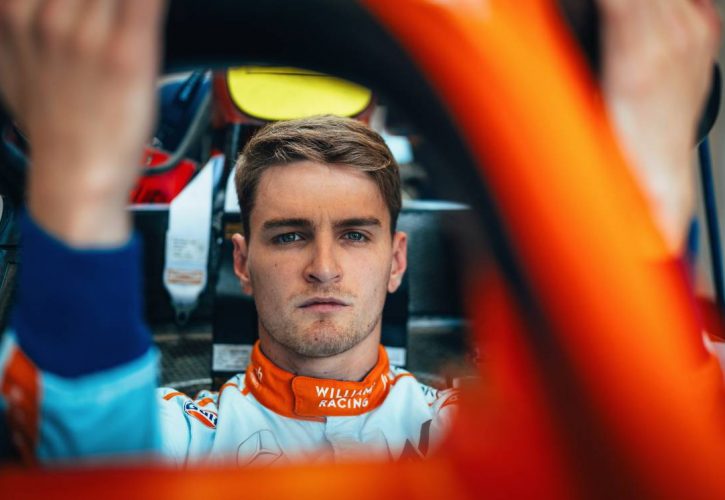
Williams charger Logan Sargeant believes the struggles endured by American drivers to establish themselves in F1 has led to an unfair underestimation of American talent.
Sargeant's own journey to the pinnacle of motorsport has been marked by challenges and setbacks. After a promising karting career, he faced difficulties transitioning to single-seater racing.
However, he persevered, gradually gaining experience and success in various championships. His breakthrough came in 2023 when, after finishing fourth in the 2022 FIA Formula Championship, he joined Williams, becoming the first American driver to race in F1 since Alexander Rossi in 2015.
Despite a challenging rookie season, Sargeant's tenth-place finish at the United States Grand Prix in Austin was a significant milestone as it was the first points-scoring result for an American driver in F1 since Michael Andretti in 1993.
Nevertheless, Sargeant asserts that the lack of consistent success from American drivers has been used to unfairly generalize about the overall potential of US racing talent.
“I think people think and expect less from an American driver,” Sargeant told Motorpsort.com.
“But at the end of the day, it doesn't matter, because as long as the people who matter sort of know what's going on, and know what you're capable of, that's all that matters.
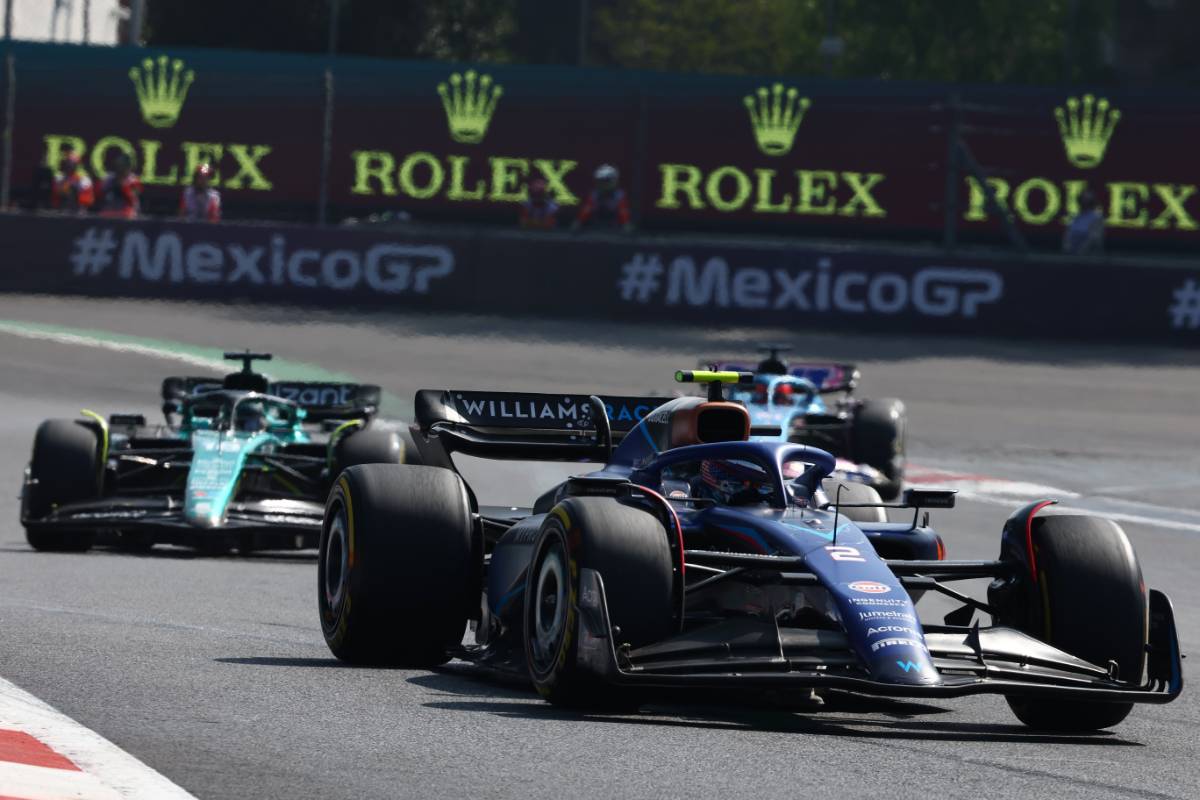
“So the external noise is just realistically completely irrelevant. You just do your job, you keep working hard, and you work with the people who can make a difference to your career, and you do your best for them.
“They also try to help you move forward as well. And that's all you can really do. So as long as the people who need to know, know, then the rest is completely irrelevant.”
The reasons behind the historic scarcity of American drivers in F1 are likely as numerous as they are diverse and range from the logistical barriers to the financial challenges.
Young American drivers are often reluctant to uproot their lives and cross the Atlantic to compete in European junior series as they have at home, with IndyCar, NASCAR and even IMSA, domestic series in which they can successfully pursue – and often at a lesser cost – their racing aspirations.
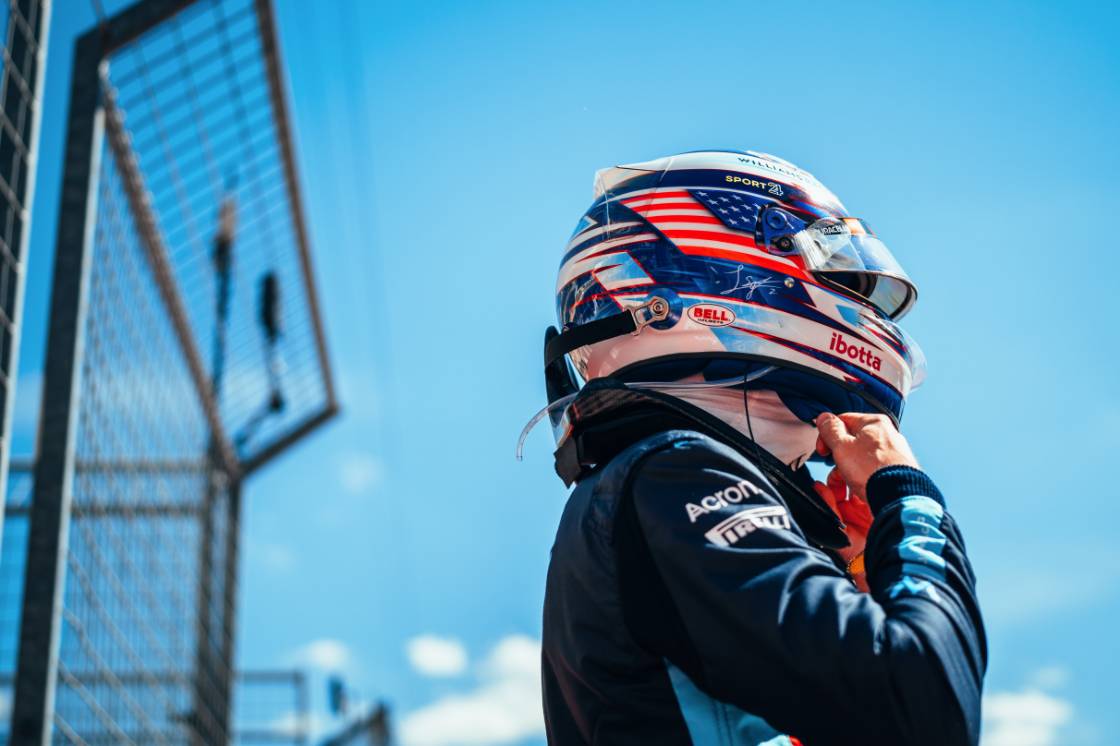
“I just believe there's a lot of obstacles for Americans to get into F1,” Sargeant argued. “It's not easy to sort of pick your life up, move to Europe and race overseas. It costs a lot of money.
“It’s just a lot easier to race in America. And you obviously have great options there between IndyCar and NASCAR. It’s not an easy move for anyone. So that's how I feel, and especially when I was coming through, there were very few American drivers even attempting to get to F1.”
The 23-year-old from Fort Lauderdale, Florida is nevertheless hopeful that the landscape will evolve in the future.
“I look at the karting list now and there's a lot more, which is positive,” he said. “I think in the future, you will see at least more on the path to F1.
“Hopefully some more can reach it. But I think in the past, the numbers just weren't there so, of course, there was never going to be any [that made it].”
Keep up to date with all the F1 news via Facebook and Twitter



